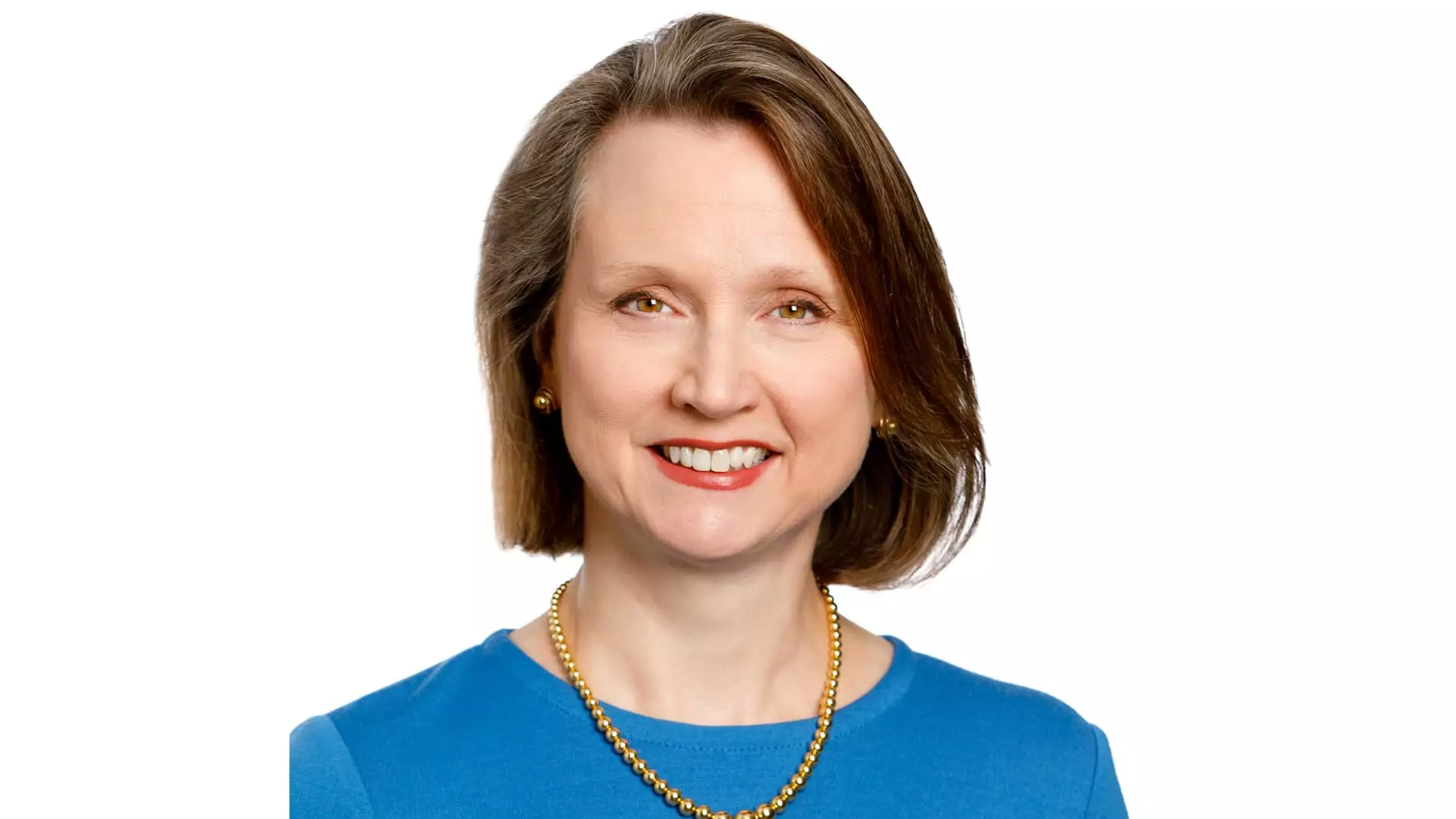Kathryn Glass, co-head of the high-yield fixed-income group at Federated Hermes, embodies the unexpected trajectories that professionals can take in finance. With a background in Japanese language and literature, Glass’s journey is a testament to the idea that paths can diverge in unexpected ways. Initially, she ventured into academia, collecting degrees from institutions like the University of Pittsburgh and Cornell University. That early dedication to humanities might seem dissociated from finance, yet her intellectual rigor laid the groundwork for her Analytical approach in the investment world.
The notion that one can pivot careers is crucial in an age where adaptability is more valued than ever. Instead of continuing down a scholarly path, her decision to trade in teaching for an internship at Federated Hermes speaks volumes about the allure of finance—a dynamic field that demands both technical acumen and interpersonal skills. This early phase in her career highlights a refreshing narrative: one can begin studying the intricacies of culture and language and end up leading financial institutions.
The Realities of Managing High-Yield Investments
As the financial landscape continues to shift, managing high-yield investments has become increasingly complex. Glass oversees roughly $13 billion in high-yield fixed income strategies amid a saturated market that has some experts deeming it too pricey. The tight spreads—a harbinger of potential market volatility—raise critical questions about the inherent risks versus the current rewards.
The intricate balancing act that Glass and her team perform demonstrates how high-yield investing is not just about immediate returns but also long-term sustainability. Their methodology involves intimate knowledge of other companies, their management, and their strategic priorities, showcasing a qualitative side to what is often viewed as a quantitative discipline. This perspective underscores the importance of understanding organizational stories, an approach that reveals the narrative-driven heart of investment.
Balancing Risk with Opportunity
Glass’s approach to investing in high-yield bonds illustrates a mature understanding of risk; she characterizes the market as in a “Goldilocks-type scenario.” While the economy seems stable, the question remains: are investors being adequately compensated for the risks they undertake? This delicate balance is central to any thoughtful investment strategy.
Her caution amid a “priced-to-perfection” market signals that even seasoned professionals must remain vigilant. In an era where sophisticated algorithms and data-driven insights dominate, the human element—intuition honed by years of experience—remains invaluable. The dichotomy of riding winners while swiftly exiting losers is a reminder that in finance, as in life, the ability to pivot effectively is vital for success.
The Importance of a Bottom-Up Approach
Glass and her team utilize a bottom-up research approach, focusing on company balance sheets rather than overarching macroeconomic trends. This technique positions them to identify value in unlikely places, emphasizing that the essence of high-yield bonds lies not just in their risk profile but also in their potential for growth.
The team’s preference for assessing firms holistically reflects a growing trend among investment managers who prioritize understanding individual entities over the broader market narrative. This perspective could resonate significantly with liberal ideologies that emphasize the human stories behind numbers and statistics. A reliance on in-depth qualitative analysis can foster a more nuanced comprehension of market trends and individual performance.
Preparing for the Inevitable Market Adjustments
Investors like Glass are acutely aware that markets are not static. Her thoughts on waiting for advantageous buying opportunities underscore a strategic patience often overlooked in today’s hurry-up culture. With valuations stretching to their limits, readiness to switch strategies becomes paramount.
The notion that a market shock could widen spreads prompts a deeper look at systemic vulnerabilities. The possibility of a correction is almost always present, yet being prepared rather than reactive can set apart forward-thinking managers. Glass’s deliberate positioning shows a philosophy that leans toward measured preparation rather than speculative aggression—a strategy that should resonate more broadly, especially with investors wary of the repetitive cycle of euphoria and despair often seen in high-stakes markets.
In a world inundated with fast returns, understanding the nuances of risk management, the importance of narrative in investment, and the need for qualified adaptability echoes lessons that are essential not only in finance but also in broader socio-economic contexts. As we witness financial markets evolve, the insights of experienced professionals like Kathryn Glass become more crucial, shaping how future generations will engage with finance and investment.

Leave a Reply